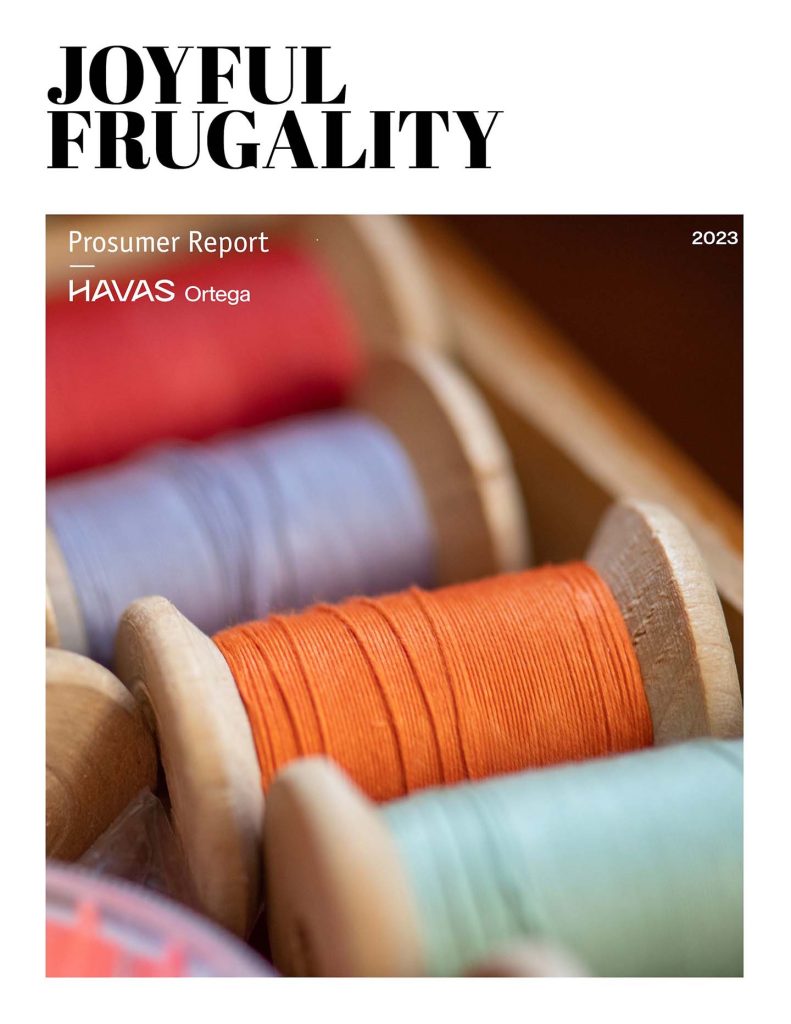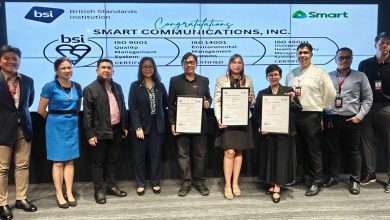MANILA, PHILIPPINES — In a stark revelation, the latest Havas Ortega study uncovers a troubling disconnect in the Philippines: while 41% of Filipino Prosumers pin the bulk of responsibility for tackling climate change on corporations and brands, a paltry 5% believe these entities are making significant efforts to curb their environmental footprint. This gap exposes a harsh reality: mere acknowledgment of responsibility by corporations and brands is insufficient. The time for bold, uncompromising environmental leadership is now, to satisfy the demands of an increasingly eco-conscious Filipino consumer.

Jos Ortega, Chairman and CEO of Havas Ortega, said, “Our Prosumer Report’s findings are a dire warning for Filipino businesses and brands amid an escalating climate crisis. Filipino Prosumers are acutely aware of the environmental stakes and expect companies to spearhead sustainable innovations.”
The report also sheds light on a significant shift in consumer behavior: approximately 60% of Filipino Prosumers are turning their backs on brands that clash with their environmental ethos. This change presents a dual-faced scenario: a formidable challenge and a golden opportunity for businesses to remodel their practices toward authentic sustainability and environmental guardianship.
A staggering 82% of these Prosumers believe that large corporations are the most capable of effecting change against climate change. Concurrently, 83% insist that profit-rich enterprises should lead in funding environmental initiatives. This perspective amplifies the call for corporate entities to step up in the fight against global warming.
To reconcile this disparity between corporate responsibility and current actions, Havas Ortega underscores the need for Enhanced Transparency. Businesses must not only adopt but also openly communicate their environmental initiatives, aligning them with the United Nations Sustainable Development Goals (SDGs). Active Engagement is also crucial, involving various sectors – government, NGOs, educational institutions, grassroots communities, and individuals – to create a collective impact and pave the way for a sustainable future. Moreover, deploying innovative technologies and infrastructures can significantly reduce the environmental impact of businesses, boosting efficiency and sustainability.

However, the cornerstone of real progress lies in Corporate Accountability and a genuine commitment to change. Setting ambitious goals is a start, but businesses and brands must actively pursue, assess, and transparently report their progress in environmental stewardship.
Jos concluded, “Through collaboration, innovation, and a profound sense of accountability, we have the power to confront climate change and environmental degradation, crafting a sustainable legacy for future generations.”










